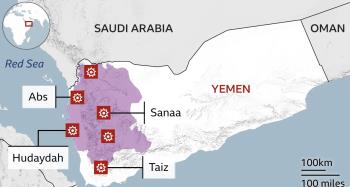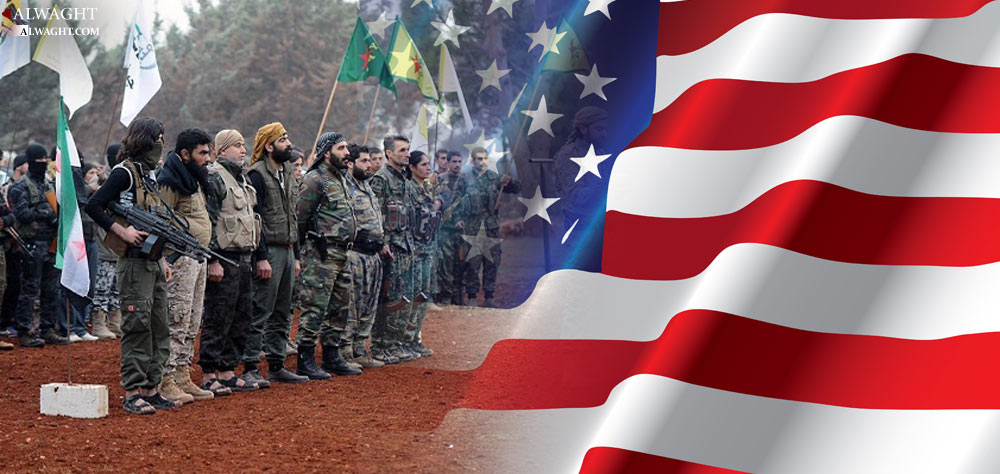Alwaght- The US relations with Kurds in Syria and Iraq are turning controversial as Washington tries to boost ties with the ethnic group.
Washington holds multiple goals behind its interactions with the Kurdish forces and at the same time avoids making it clear its measures in the Kurdish-inhabited regions of Syria. The analysts insist that the US has embarked on a set of actions that could make troubles in the Kurdish areas of influence in the future.
Now, under Trump, the country’s foreign policy is being pursued by more than one institution. Actually, any institution that can get itself closer to the president can perform better in terms of foreign policy. For some time, Pentagon holds the key role of pushing forward the American policy in Syria, while in another time the Central Intelligence Agency (CIA), or other security organs of the state do the same job.
The Americans' objectives behind their relations with the Syrian Kurdish forces are not much comprehensible, however what is clear is that they seek forging a pressure tool in the hands to influence the region’s equations. Having a good understanding of the Kurds' causes and agendas for their future, the American decision makers see it possible to properly take advantage of Kurds in the regional game.
The news reports coming out to the public about the American moves can confirm that the US is working to devise a Kurdish card with which to put strains on the other actors. It is useful to provide Washington with action power as it sees itself having to play the others such as Russia, Turkey, Iran, Syria, and Iraq.
The US-Kurdish relations and cooperation date back to years ago, but it seems that Washington’s role in the new regional equations is quite destructive. It should be taken into consideration that Turkey is highly sensitive to the question of the Kurds of its own territory. If it was not for Ankara's sensitivity, the Americans could expand their ties with the Kurds of Syria, Iraq, and Turkey with a more open hand, and thus have a stronger bargaining chip, which means Washington could easily take on the other players with its hand filled with the Kurdish cards. Even now, the Americans are handling the Syrian and Iraqi Kurds and provide them with logistics and diplomatic backing.
But there is a pessimistic view of the American-Kurdish relations which gives the notion that Washington supports the independence of the Kurds of Iraq. The American aids to them and the widening gaps between the Kurdistan regional government and the central Iraqi government
promotes this view. It is understood that now at least theoretically, and then perhaps practically, the US is in favor of an independent Kurdish state in the region, although this support might not extend to the Kurds of Turkey.
The recent round of Syria peace talks made it clear that the Americans have begun refreshed interactions with the Syrian Kurds and are determined to fit them out with equipment and logistics even more than before.
On the other side, concerning outlook of the pro-Kurdish US steps in Syria nothing is predictable. The past records confirm that in different conditions the Americans follow various and unstable policies, and only in some crucial cases they draw up long-term strategies to pursue prospectively.
At the time being, a cloud of ambiguity is overshadowing the West Asia region, taking away the possibility of seeing where the region is heading exactly. However, the clear and indispensable thing to see is that the US is preparing the ground to benefit from the Kurds instrumentally. For now, it observes the Turkish sensitivity and so conceals its full alliance with the Kurds, but in the future it may find appropriate time to more easily and openly accomplish its Kurdish-related policy. This obliges the other actors to more closely watch the American measures in relation to the Kurds of Syria and Iraq.
The US appears to seek separation of the Kurdish regions from the mainland Syria and Iraq. With regard to the Israeli regime’s presence in the region and the huge Western investment both materially and spiritually, the regional states are expected to take the dangers serious and calibrate their behavior in accordance with the scale of peril, even if it is only little likely to happen.



























